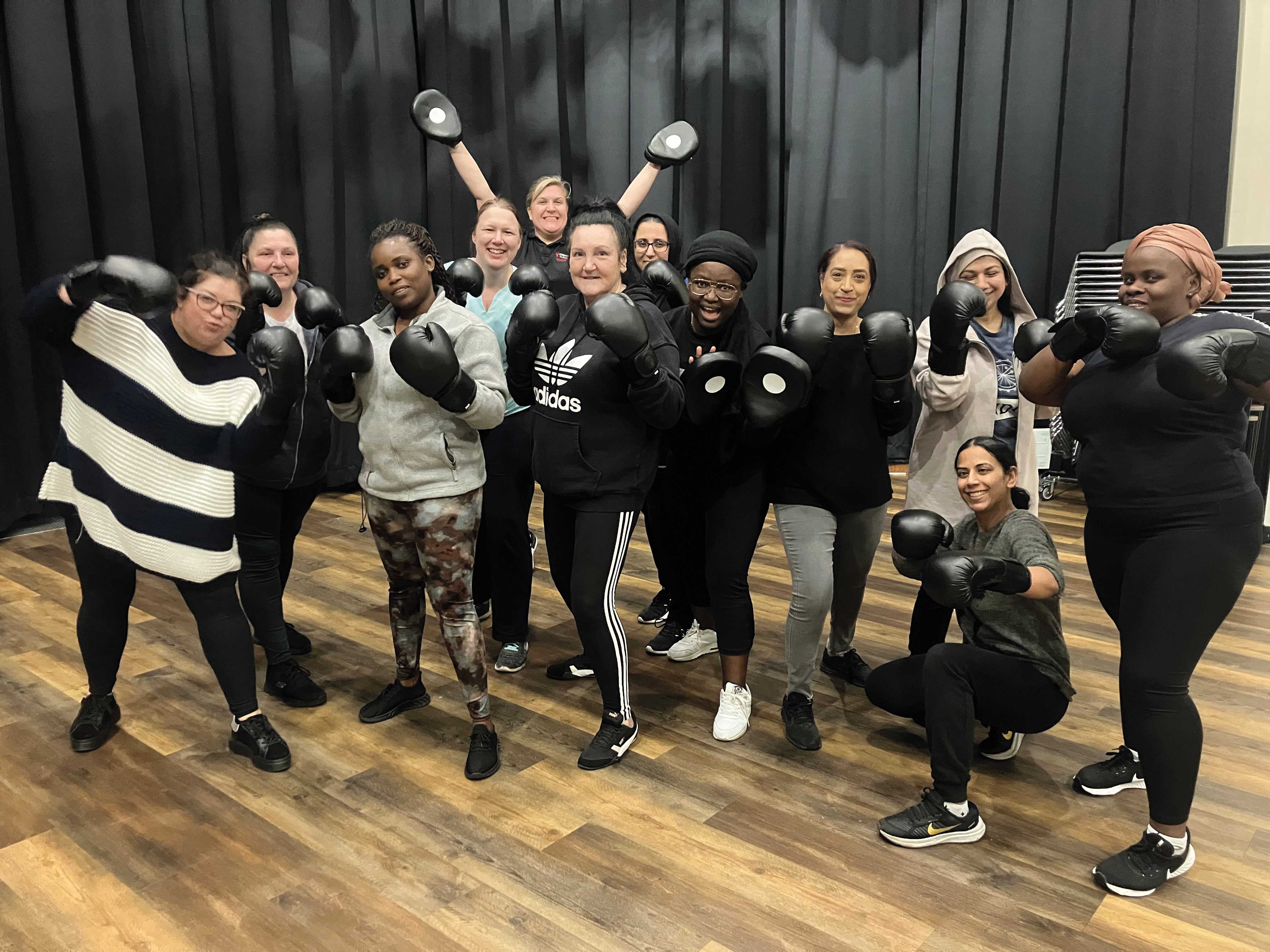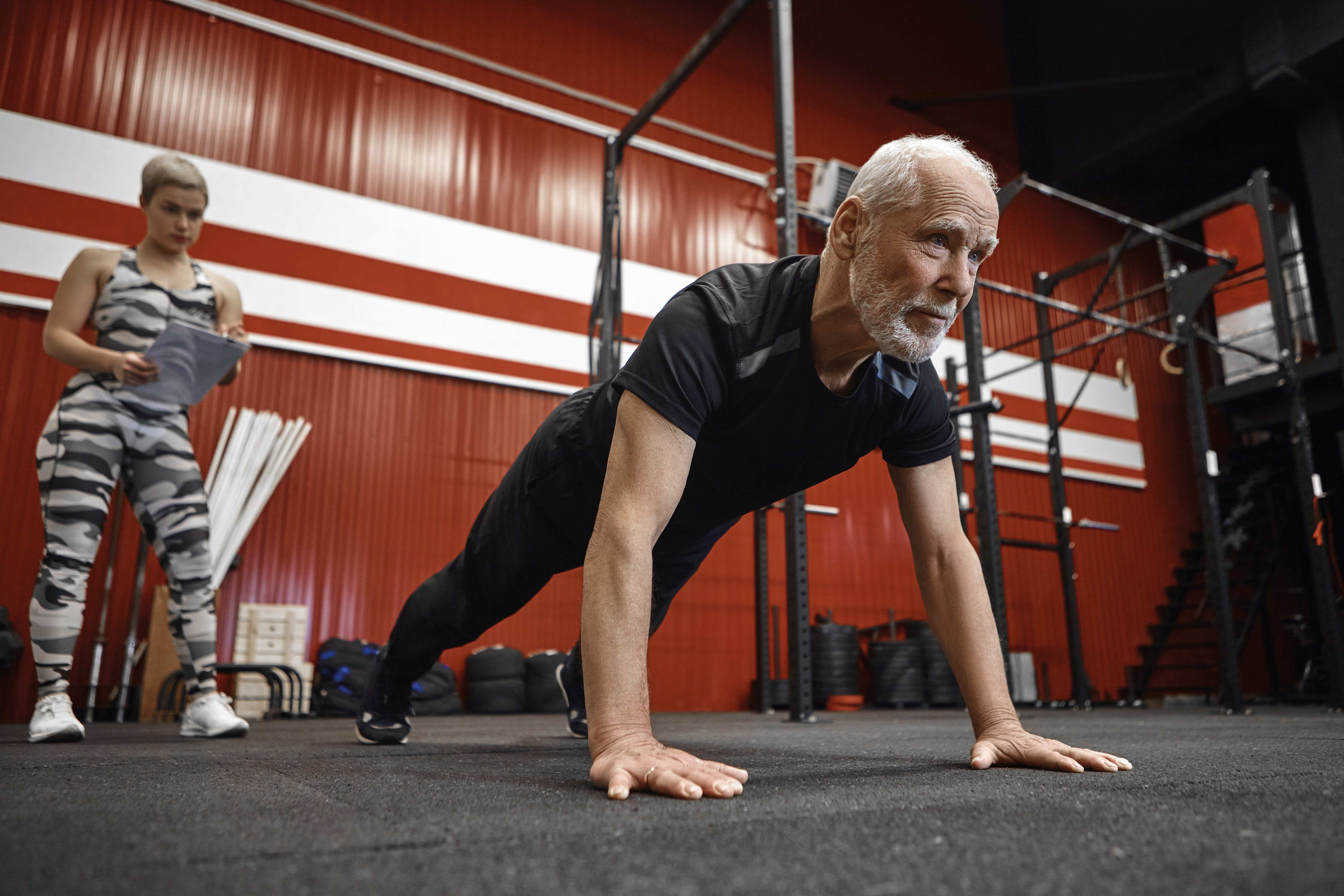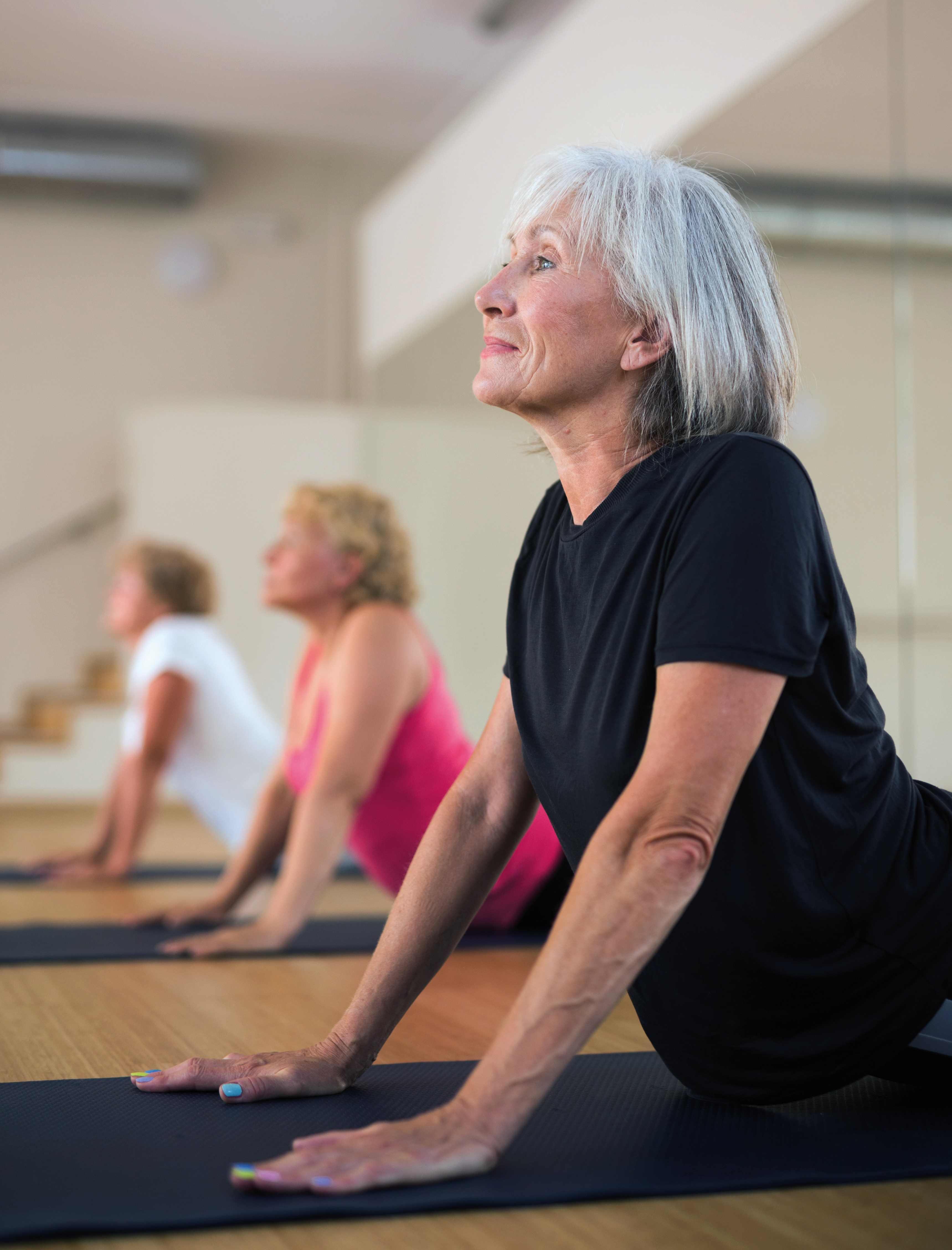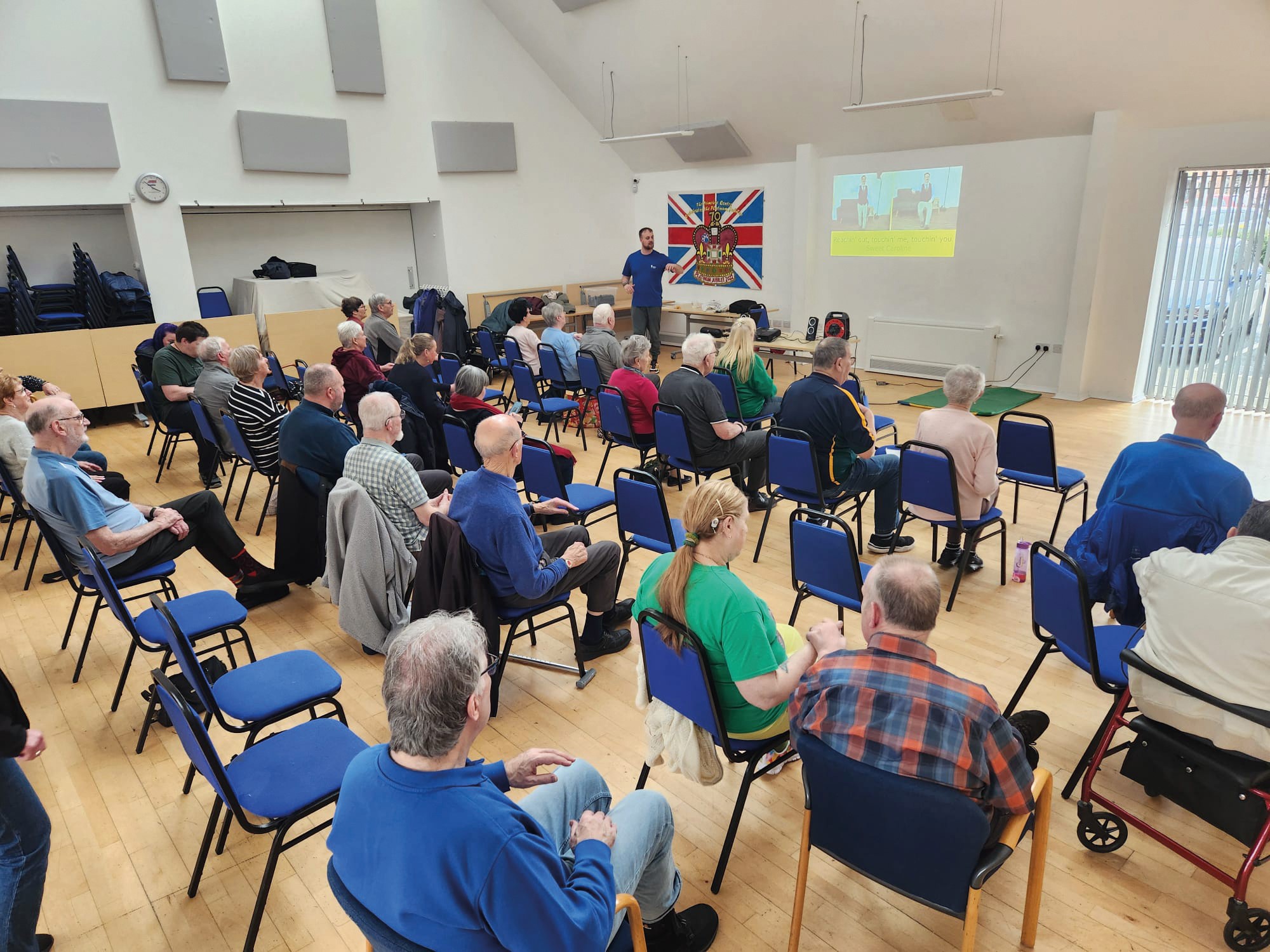
With Sport England data showing that 25.7% of UK adults arephysically inactive, and a recent Leisure DB report finding thatonly 15% regularly attend a fitness facility, the nation faces asignificant health crisis. Yet, there are promising examples ofimpactful schemes beyond traditional leisure facilities. Here,we look at a few
THE UK is facing a health crisis. Gov.UK data from 2022 found that around 34% of men and 42% of women are not active enough for good health, while Sport England’s Active Lives Adult Survey 2022-2023 revealed that, while the levels of inactivity had dropped in recent years, 25.7% of UK adults did less than 30-minutes of activity a week, and 10.9% were fairly active but did not meet the recommended guidelines. According to the latest Leisure DB Report, only 15% of the UK population regularly visit a gym or fitness facility. It's clear that activity patterns contribute to health issues in the UK. The country faces a severe crisis, with approximately 28% of adults and 20% of children classified as obese, raising the risk of chronic diseases such as diabetes, heart disease and certain cancers. Heart disease remains a leading cause of death in the UK, exacerbated by high rates of hypertension, poor diet and physical inactivity. Type 2 diabetes is also rising, with over 4.9 million people diagnosed in the UK. Additionally, musculoskeletal conditions like arthritis and back pain affects many individuals.
The NHS highlights the essential role of regular exercise in preserving both physical and mental health, recommending a target of 150 minutes of moderate-intensity exercise or 75 minutes of vigorous-intensity exercise each week. However, despite these guidelines, motivating many individuals to engage in regular physical activity continues to be a significant challenge. John Oxley, CEO of Life Leisure, stresses the importance of understanding why people both do and do not exercise: ‘The social determinants of health are a key issue. There are socioeconomic reasons why it's often not possible for people to exercise, even if they have the inclination – it’s not always about motivation. Poverty, access to facilities, good nutrition and basic needs like food and employment often take precedence. Greater empathy could help us better understand health and wellbeing across the population, and potentially address these issues more effectively.’ Oxley believes that through marketing, pricing strategies and programming, the fitness sector are positioned to meet the needs of only 20% of the population. What’s more, many in the sector don’t fully understand what are the barriers faced by those who are traditionally underserved or disadvantaged. The way the sector is marketed, he believes, is key in reaching those individuals who are currently inactive. ‘We need to cultivate more understanding and empathy to address their needs and improve overall population health,’ Oxley says. ‘Social isolation is a real issue amongst older people, for instance. For some people, a visit to a leisure centre is the only human contact they have each week, so the concept of mental wellbeing and social connection can be the biggest drivers of why people exercise.
After asking members what they got out coming to their local leisure centre, around 95% mentioned the social over the physical benefits. As a consequence, Life Leisure changed their marketing strategy, softened the language used, and became more inclusive and welcoming. They also rebranded some of their campaign names. ‘The ‘I’ll go if you go’ campaign was designed to work on the notion that, one of the reasons people don't start to exercise is that it's tough to start out on your own,’ Oxley says, ‘but if you're starting out with somebody else or find people who are in a similar situation to you, then all of a sudden, you get a little bit braver.’ ‘As a result, membership has grown by 30% over two years, and now all of our campaigns are constructed around the notion of mental wellbeing and social connection, rather than the physical benefits of exercise. As a result, our membership



Oldham Community Leisure, Oldham
Oldham Active’s Exercise Referral Scheme is designed for those with existing medical conditions, and aimed at people over 16 who are unused to being physically active and have a medical condition. The scheme is designed to provide opportunities to exercise that are fun, rewarding and that can be incorporated into everyday life. It also targets clients who are at risk of developing chronic disease, providing an opportunity for referrals to access a high-quality supervised exercise programme. A wide range of physical activities are available at a specially reduced rate, and there’s advice on the best type of exercise to meet their individual needs. Once an individual has been referred onto the scheme, they receive a consultation and a personalised 12-week programme. Other initiatives include a Parkinson's group, based in a community hall, where around 50 people with Parkinson’s (and their carers) meet to take part in group exercise classes. Another partnership is with the Salvation Army, which has converted a shop called ‘Brew’, where group exercise, a homely atmosphere and tea are available. The Women’s Wellness Group, a 12-week fitness challenge where women seeking a more active lifestyle attend a weekly meeting and try out a menu of activities from trampolining to golf, was also highly successful. Kelly Tattersall, community & partnership development manager at Oldham Community Leisure, says that the concept worked incredibly well, with the groups still active and doing regular exercise. Tattersall believes that partnerships are key to success in getting fitness and health out to communities: ‘We began going out beyond our leisure centres 18 years ago and have strong partnerships with Oldham Council, Action Together and local district teams, including the police, social workers and mental health professionals. ‘We’ve been ahead of the game in this sense, and that’s why we are in church halls, in mosques, in parks and shops. And, at some point, those people will, with their families, start to come through the doors of our leisure centres.’ www.oclactive.co.uk